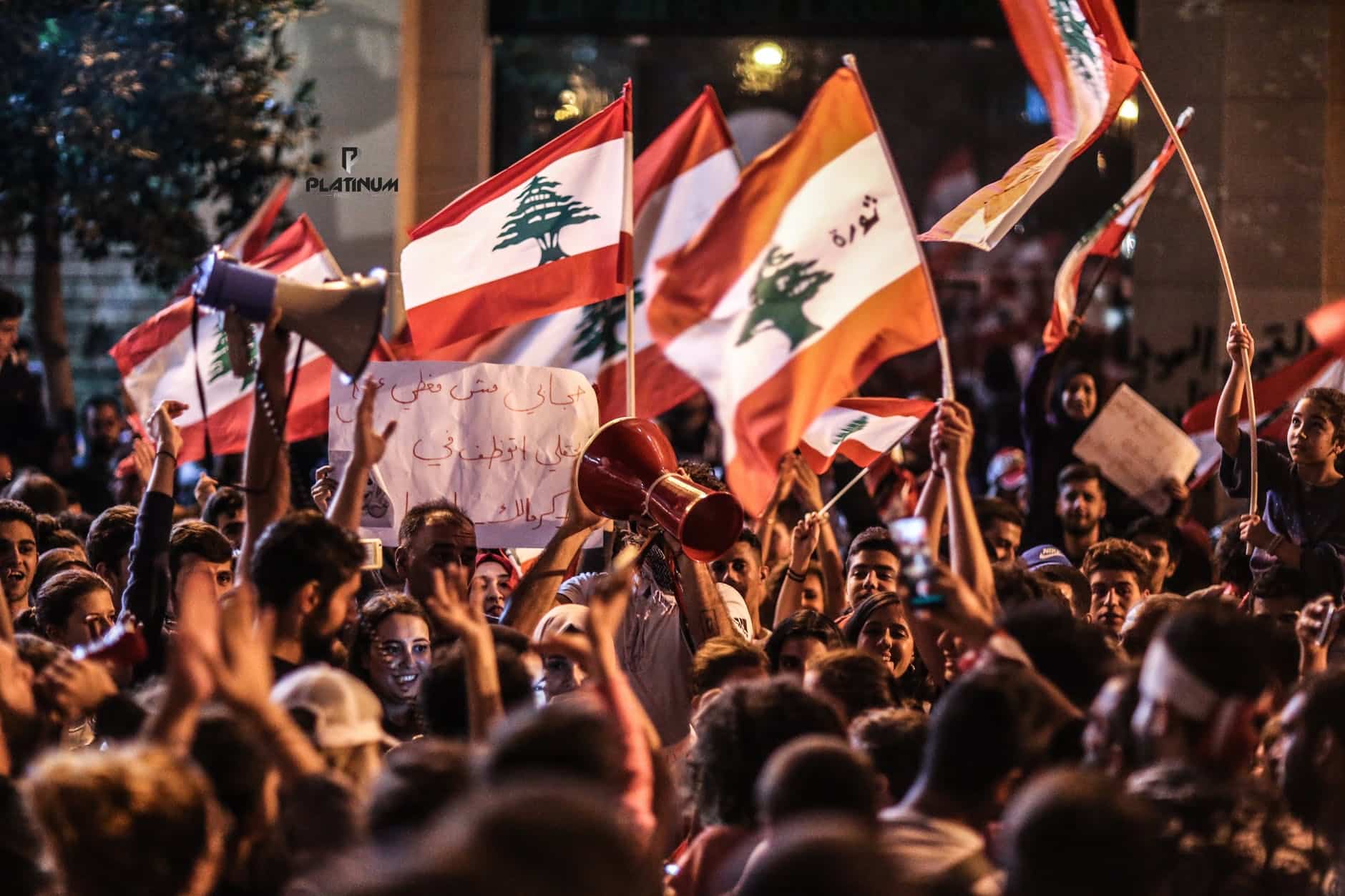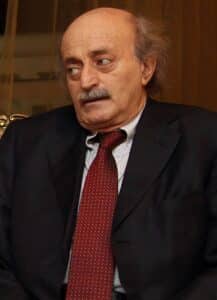Lebanon’s Prime Minister Hassan Diab handed out his resignation on the 10th of April, less than a week after a massive explosion tore through capital Beirut. The blast at Beirut’s port on the 4th of August killed some 200 people and wounded more than 6,000. The explosion also displaced around 300,000 people, leaving the city with billions of dollars in damage. Thousands of people took to the streets blaming the government for corruption and inefficiency that manifested in the Beirut port blast.
Protests: demand for a complete change
The anti-government protests that engulfed the country last October, only to mostly die down during the pandemic lockdown, are now back. A group of demonstrators, chanting anti-government slogans and burning a picture of President Michel Aoun, entered the building of the Ministry of Foreign Affairs and called on others to occupy other ministries as well. Police responded with tear gas and rubber bullets. Thousands of people demand not just to change the government but to get rid of the entire political class.
The President Aoun stated that 2,750 tons of ammonium nitrate – which is used as fertilizer, but also in bombs production – have been stored in the port without respecting any security measures since 2014 when the cargo was transferred from the seized ship. President rejected requests for an international investigation, saying the state would conduct the investigation and find out if the explosion is part of the terrorist attack.
Government resignation
Prior Diab’s resignation, justice minister Marie-Claude Najms, information minister Manal Abdel-Samad, finance minister Ghazi Wazni, defence minister and deputy PM Zeina Akar, and environment minister Damianos Kattar all stepped down. Diab’s government will continue only in a caretaker capacity until a new government is formed. Politician and leader of the Progressive Socialist Party Walid Joumblatt said the resignation of the government met the primary demand of the people after the disaster. “Today, the demand has been fulfilled, and we consider it a great political victory.” Five of the parliament’s 128 members have also resigned – including three legislators of the Christian Kataeb party, a member of the Socialist Progressive Party and an independent.
Further steps
Further steps could include holding early elections. However, Maha Yahya, the director of the Carnegie Middle East Center, said that would not be enough. The best-case scenario for moving forward, according to Yahya, is that an independent prime minister be named who would undertake economic reforms and put together an economic and financial rescue plan, but also prepare for elections next year.
Protesters in Lebanon are also demanding the formulation of a new electoral law that will bring independents to power and eliminate the sectarian-based system that has governed the country for decades.
The leader of the Lebanese Forces party, Samir Geagea, said that any new government would be similar to the previous one unless the core of the problem is tackled, that is, the parliament. Lebanon political system is built on the principle of “confessional distribution”: each religious community has an allotted number of deputies in the parliament and the three leading political positions – president, speaker of parliament and prime minister – are divided among the three most significant communities (Maronite Christian; Shia Muslim; and Sunni Muslim, respectively). These internal divisions and particular interests are rooted in both political and economic crisis Lebanon is facing.
Sources: Reuters, Aljazeera, Al-Awsat, Daily Star, Al-Monitor
Photo: Pexels



